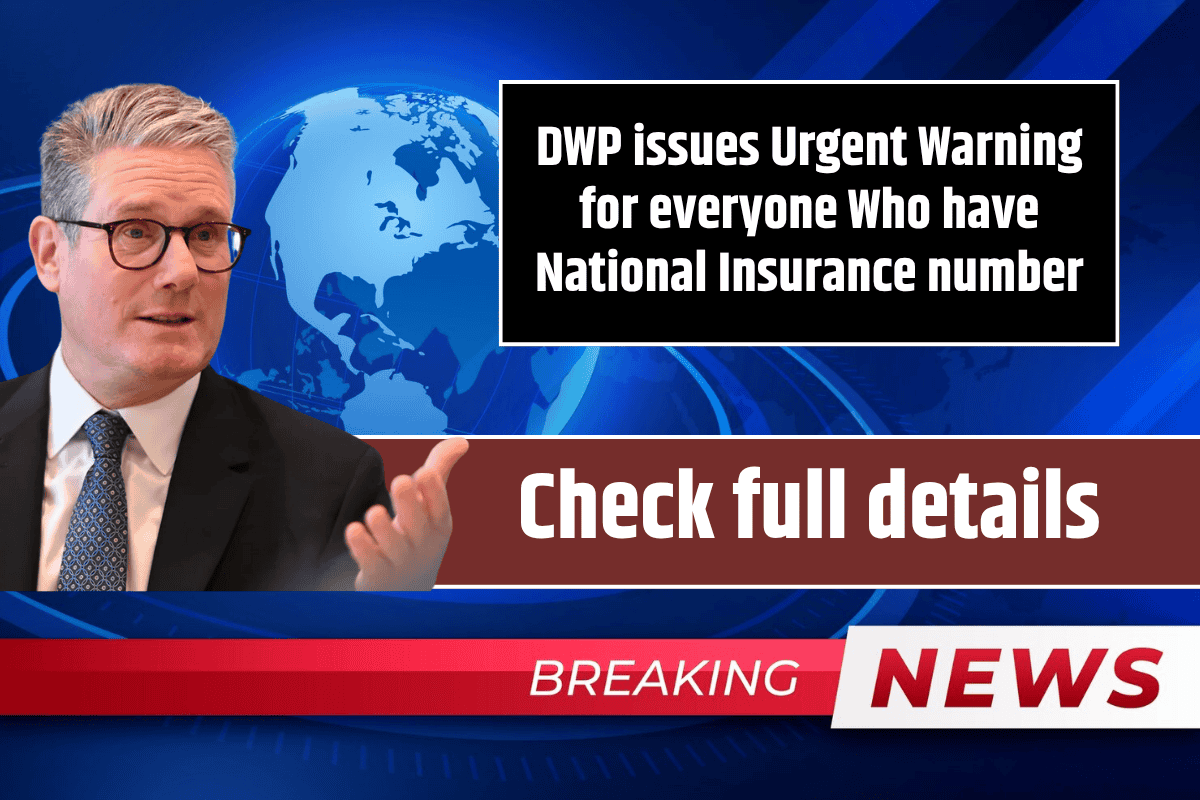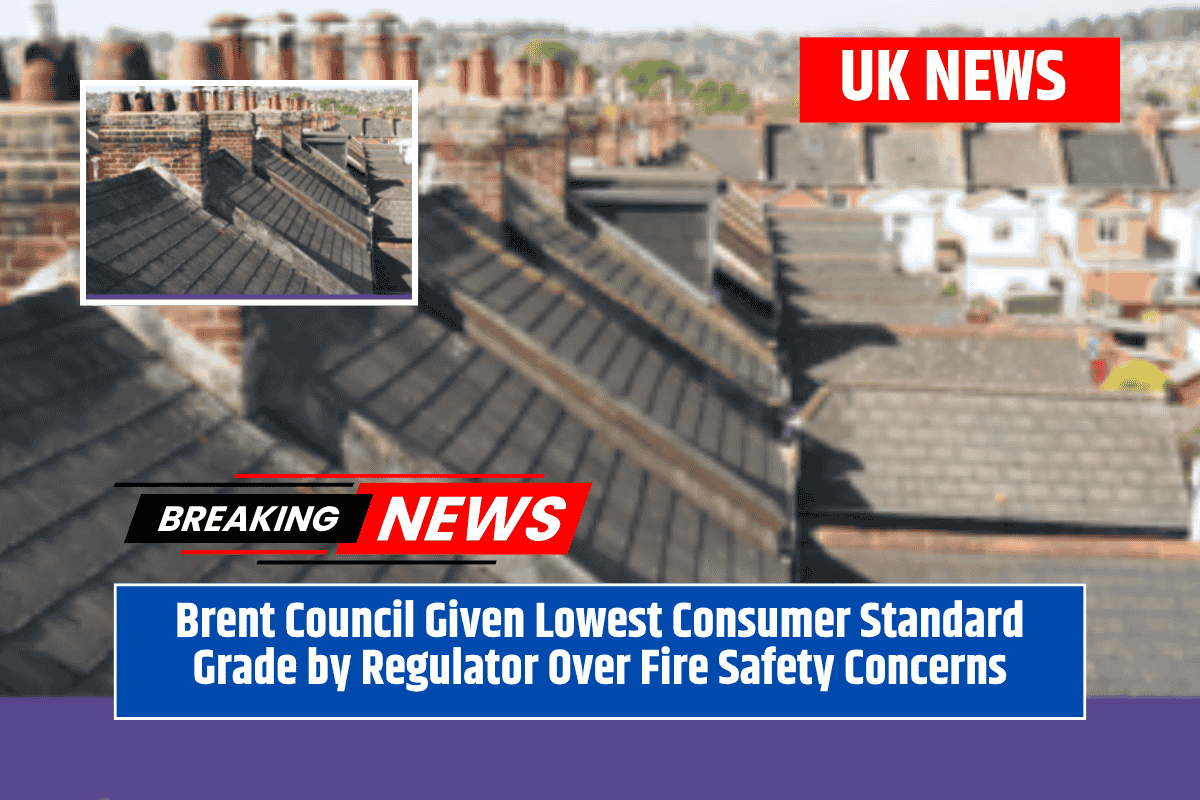The Department for Work and Pensions (DWP) in the UK has issued a strong warning to anyone with a National Insurance (NI) number. This comes as online scammers continue to target people by stealing personal information to commit identity fraud.
The message is simple but important—protect your personal details, especially when you’re sharing things like your CV online.
Why Is the Warning Being Issued?
The warning was shared in a social media post on X (formerly Twitter) from the official DWP account. It highlights that fraudsters are actively looking for personal information to carry out identity theft.
A video from the DWP warns: “Protect yourself from online identity fraud.” The key point is that when you’re uploading or sharing your CV online, scammers may try to use the personal details from it for criminal purposes.
Which Details Should You Avoid Sharing?
The DWP clearly stated that you should never include your full address, date of birth, or National Insurance number on a CV or in any online job application unless it’s absolutely necessary.
While job recruiters don’t need these details at the initial stage of hiring, scammers do. Including this information online increases your risk of being targeted by identity fraud.
More Advice to Stay Safe Online
This latest alert follows a previous warning from the DWP. People were advised to keep sensitive information away from social media and private messages, which are common targets for fraudsters.
UK’s national reporting centre for fraud, Action Fraud, also advises the public to take extra care online:
Keep your anti-virus software and firewall updated
Be cautious of phishing emails, which are often the starting point of scams
Avoid clicking on suspicious links or sharing personal information through unknown platforms
What Is a National Insurance Number and Why Is It Important?
Your National Insurance number is a unique ID used by the UK government to keep track of your tax, benefits, and pension records. If a scammer gets access to your NI number, they could:
Open fraudulent bank accounts in your name
Apply for benefits or loans
Damage your credit score
That’s why it’s crucial to protect it, just like you would protect your passport or bank account details.
What Should You Do If You Suspect Fraud?
If you think your personal information has been misused or you’ve been targeted by a scam:
Report it to Action Fraud immediately via their website
Contact your bank or credit card provider
Inform the DWP if your NI number has been exposed
You can also visit the Action Fraud website for more advice on protecting yourself and reporting suspicious activity.
With identity fraud on the rise, especially online, it’s more important than ever to be careful with your personal details. The DWP’s warning reminds everyone that job recruiters don’t need sensitive information like your NI number, address, or date of birth early in the application process.
These details are valuable to scammers, so always think twice before sharing them online. Make sure your devices are protected, and stay informed about the latest scam tactics to keep your identity safe.
FAQs
Why is the DWP warning people about sharing their National Insurance number?
The DWP warns that scammers are using personal details like NI numbers to commit identity fraud. Keeping this information private helps protect your identity.
Should I put my National Insurance number on my CV?
No, it’s not recommended. Recruiters don’t need it at the start, and sharing it can expose you to fraud.
What other personal details should I avoid sharing online?
You should avoid sharing your full address, date of birth, and NI number online, especially on social media and public platforms.
What should I do if I suspect someone has misused my NI number?
Report it to Action Fraud, contact your bank, and inform the DWP. Quick action can reduce the risk of further harm.
How can I protect myself from online identity fraud?
Keep anti-virus software up to date, be cautious of phishing emails, and avoid sharing personal info online or in direct messages.

















